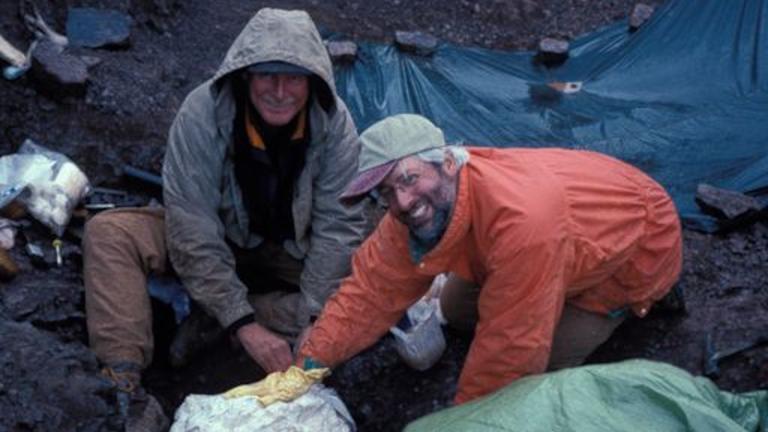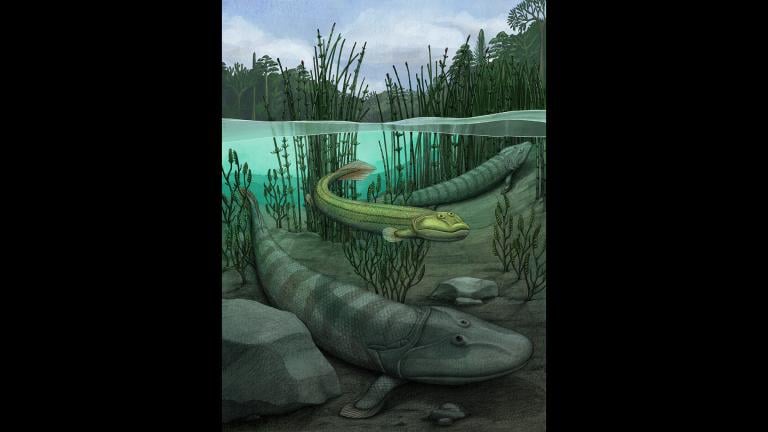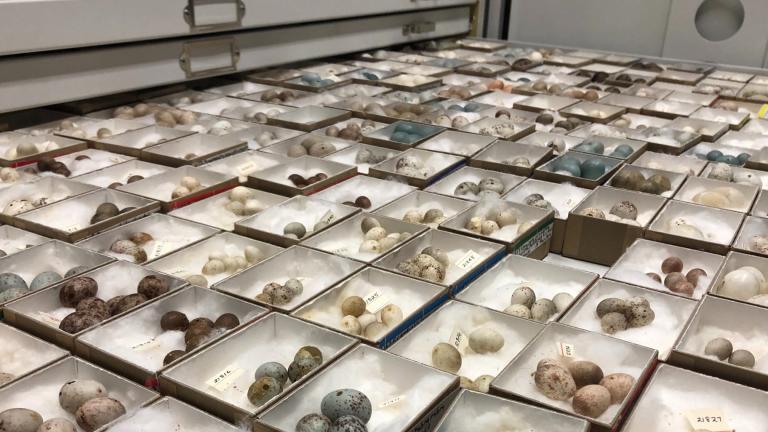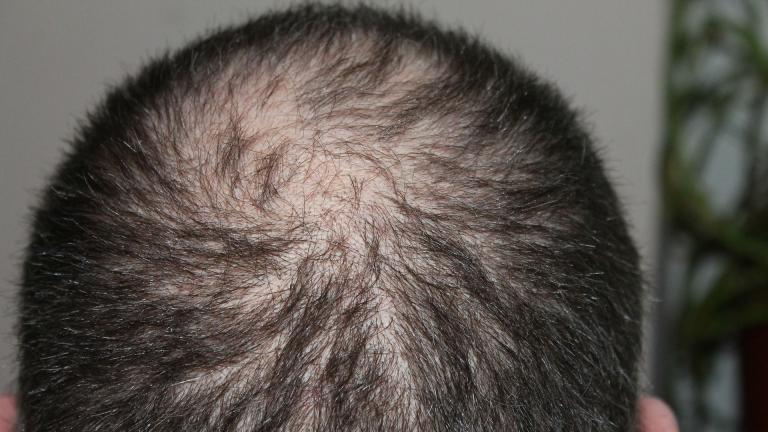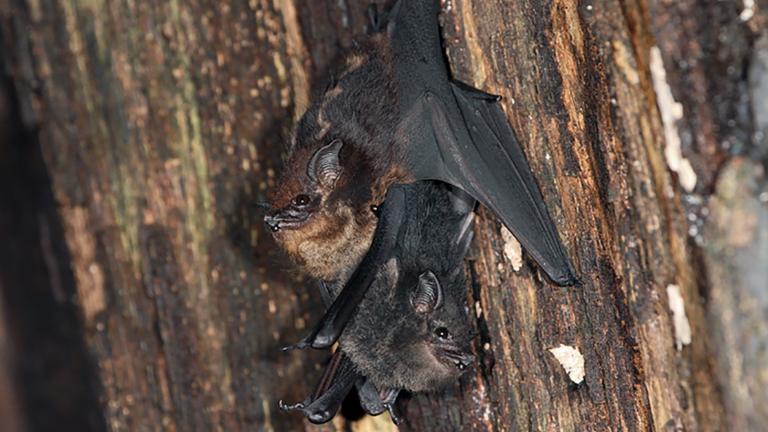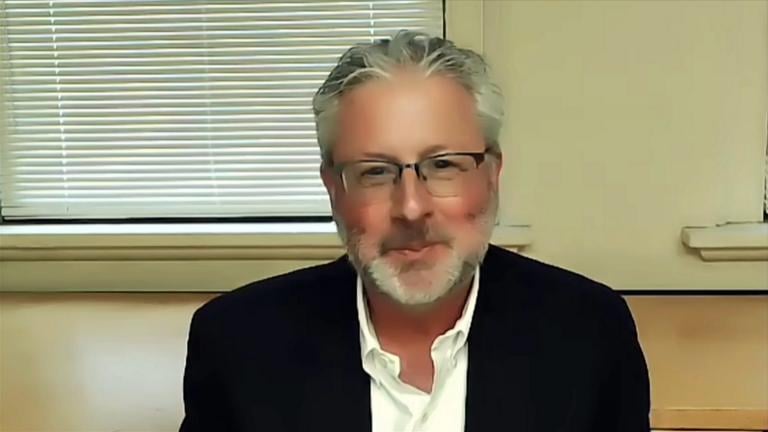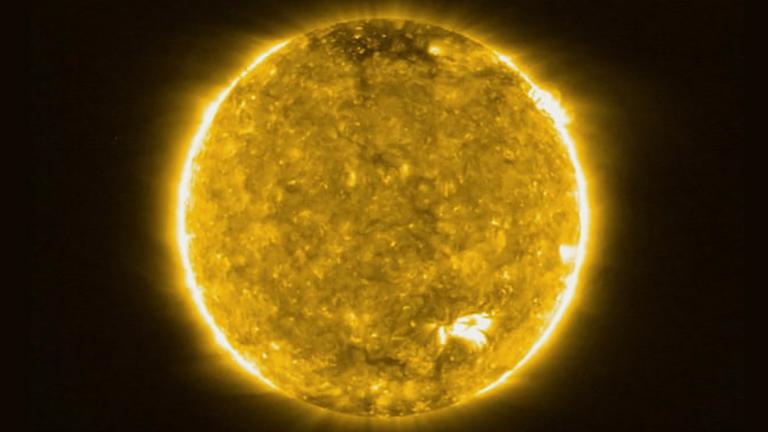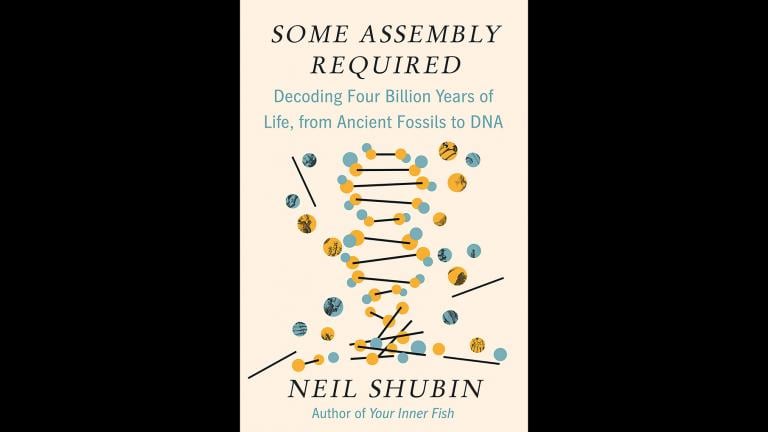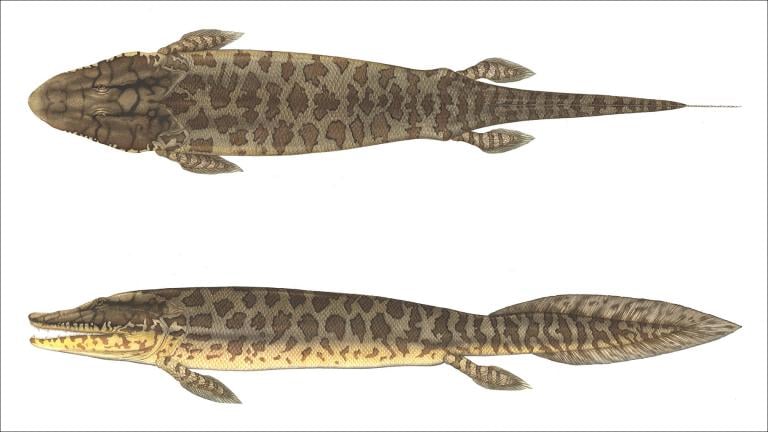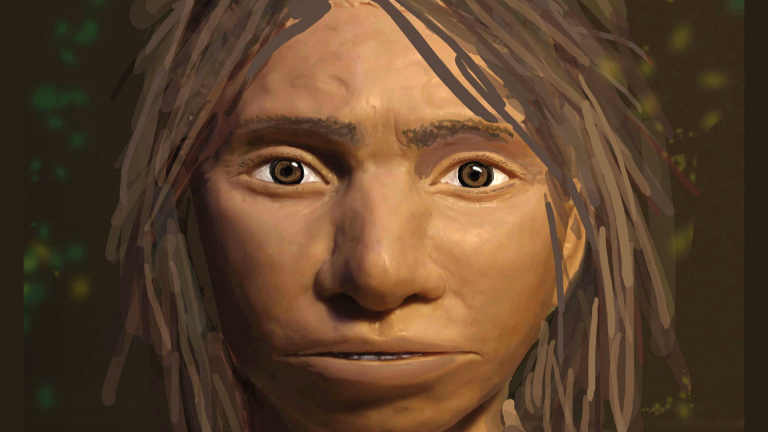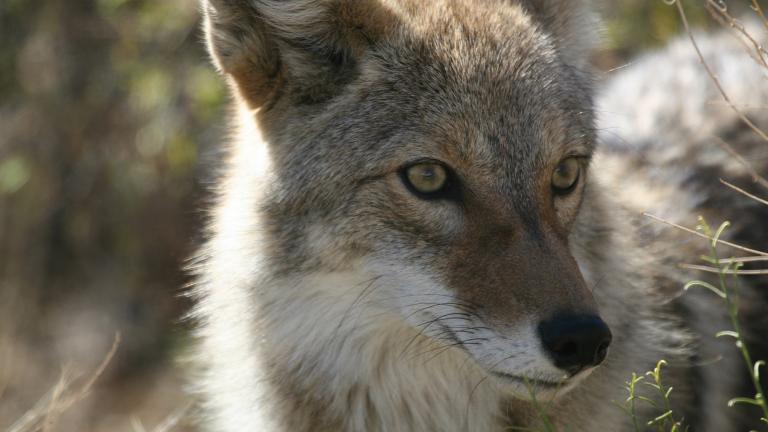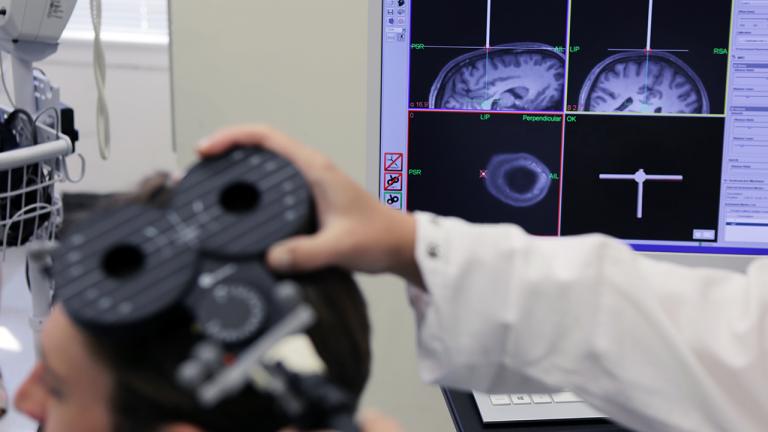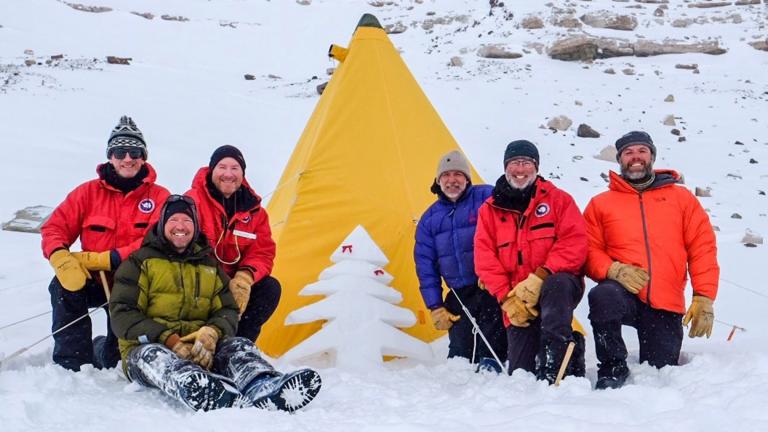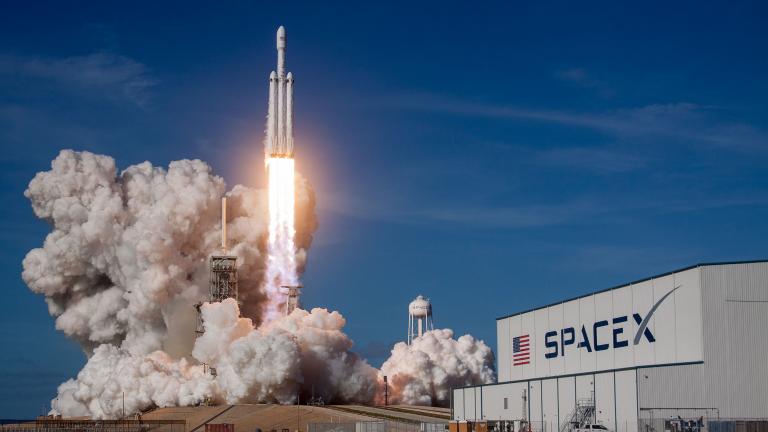The long-delayed trip is a return to the Canadian Arctic and an area where University of Chicago paleontologist Neil Shubin made a career-defining discovery back in 2004.
Neil Shubin
A team lead by a University of Chicago paleontologist says a fossil that was found years ago — and for years largely ignored — could shed more light on that pivotal time in the evolution of life.
Chicago-area birds are nesting and laying eggs earlier than ever before. A mysterious meteor burns up over Papua New Guinea. A fossil could rewrite the history of the evolution of life on Earth. And a disturbing finding about microplastics.
The cause of balding – in mice. The probe of a distant exoplanet. Tuskless elephants. University of Chicago paleontologist Neil Shubin returns to help us understand some of the latest science stories making headlines.
Babbling baby bats. Simulated rats. The impressive memory of cuttlefish. And why, counter to popular belief, some key mental abilities appear to actually improve with aging. University of Chicago paleontologist Neil Shubin returns to help us understand some of the latest science stories making headlines.
Researchers in Russia revive creatures frozen in Arctic permafrost for more than 20,000 years. A new vaccine for malaria. The powerful connection between music and memory. And how “laughing gas” is being used to treat severe depression.
The soaring price of Bitcoin has many environmentalists concerned. University of Chicago paleontologist Neil Shubin has more on that and other science stories making headlines around the world.
Researchers at the University of Chicago Medicine have found an apparent link between vitamin D deficiency and the likelihood of getting COVID-19. Paleontologist Neil Shubin has details on that story and more.
We journey to the sun’s surface and explore more from the world of science with University of Chicago paleontologist Neil Shubin.
We discuss viruses and the role they’ve played in shaping who we are with University of Chicago paleontologist and author Neil Shubin.
Sixteen years after making a key discovery with two colleagues, University of Chicago paleontologist Neil Shubin and others are deepening their understanding of an extraordinary, ancient fish.
How did researchers reconstruct the face of an ancient human ancestor using a fossilized bone? This story and more from the world of science with Neil Shubin.
The University of Chicago paleontologist takes us behind some of the most recent science stories making headlines.
Neil Shubin, University of Chicago paleontologist and one of our favorite explainers of all things scientific, joins us to discuss stories making news in the world of science.
Renowned University of Chicago paleontologist Neil Shubin recently returned from an expedition to search for fossils in Antarctica. He tells us about his trip.
Could Elon Musk’s successful launch and landing of his Falcon Heavy rocket usher in a new era of commercial exploration—and exploitation—of space? This story and more from the world of science with Neil Shubin.

